
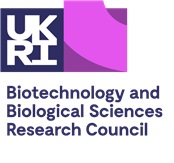
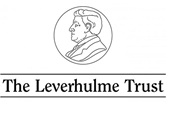


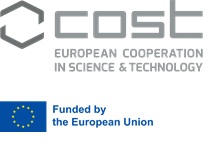

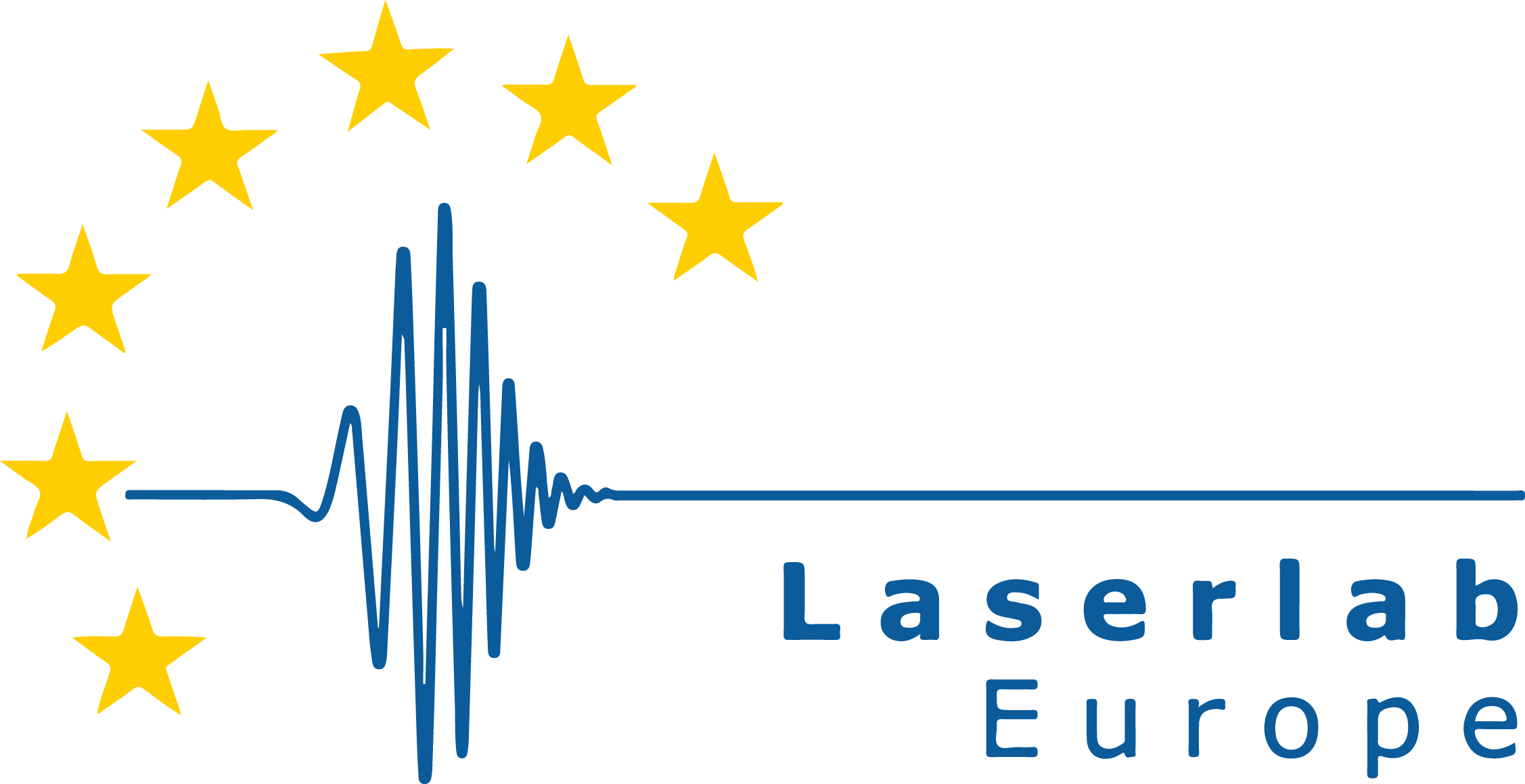


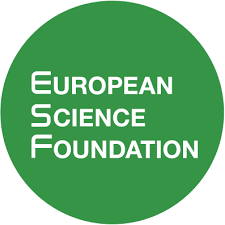

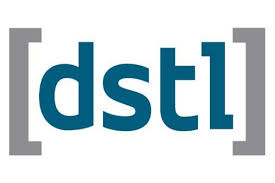

The Kanaras Research Group, based in the Department of Chemistry at the National and Kapodistrian University of Athens, is a multidisciplinary research team dedicated to unlocking the potential of functional nanomaterials for impactful applications in biomedicine, energy and the environment.
Led by Antonios G. Kanaras, our research focuses on the design, synthesis, and self-assembly of nanomaterials with precise control over their optical, electronic, and biological properties. These advanced materials serve as tools for applications in imaging, targeted drug delivery, sensors and photovoltaic devices.
In sensing, we develop nanosensors with rapid response capable of detecting markers with high sensitivity and specificity. An example is the development of a sensor to detect viral SARS-CoV-2 RNA (A SARS-Cov-2 sensor based on upconversion nanoparticles and graphene oxide ), the devlopment of a sensor to detect biological markers of prostate cancer and alzheimer disease (Graphene oxide-upconversion nanoparticle based optical sensors for targeted detection of mRNA biomarkers present in Alzheimer’s disease and prostate cancer) and the development of a portable sensor to detect markers related to the development of crops in the field (Graphene Oxide–Upconversion Nanoparticle Based Portable Sensors for Assessing Nutritional Deficiencies in Crops).
In the field of sustainable energy, our group, synthesizes nanostructures suitable for solar cells and LEDs devices, enhancing light harvesting and photovoltaic efficiency (e.g. Polymer-Enhanced Stability of Inorganic Perovskite Nanocrystals and their Application in Color Conversion LEDs ; Plasmonic Backscattering Effect in High-Efficient Organic Photovoltaic Devices ; Hybrid Solar Cells with Prescribed Nanoscale Morphologies Based on Hyperbranched Semiconductor Nanocrystals). Our innovations support global efforts toward clean, renewable energy solutions.
In the field of nanomedicine, we design customized responsive nanomaterials for drug delivery in cells. A recent example of our research is the formation of nanoparticle dimers, which can release specific drugs in cells, independently, responding to characteristic endocellular signatures (e.g. Multiplexed mRNA Sensing and Combinatorial-Targeted Drug Delivery Using DNA-Gold Nanoparticle Dimers). Furthermore, we are interested how the physicochemical characteristics of customized nanomaterials influence their interactions with cells or more complex biological systems (e.g. Interactions of Skin with Gold Nanoparticles of Different Surface Charge, Shape and Functionality; Interactions of Human Endothelial Cells with Gold Nanoparticles of Different Morphologies ) and how nanomaterial markers can be useful for cell sorting (Enrichment of Skeletal Stem Cells from Human Bone Marrow Using Spherical Nucleic Acids ).
In the field antimicrobial resistance, one of the most crucial future problems that the humanity will face, we develop customized nanomaterials that they are designed to target and kill bacteria and pathogens with multiple ways. Few examples of our publications include: Surfactin Conjugated Silver Nanoparticles as an Antibacterial and Antibiofilm Agent against Pseudomonas aeruginosa; Silver Nanoclusters with Broad Spectrum Antibacterial Properties; and Bactericidal Effect of 5-Mercapto-2-nitrobenzoic Acid-Coated Silver Nanoclusters against Multidrug-Resistant Neisseria gonorrhoeae .
Through collaborations with academic institutions, industry partners, and international networks, we are committed to translating fundamental nanoscience into practical technologies. Whether you are a student, researcher, or innovation partner, we invite you to explore our work and join us in shaping a smarter, healthier, and greener future.
We are grateful to many funding bodies that have strongly supported our research.













